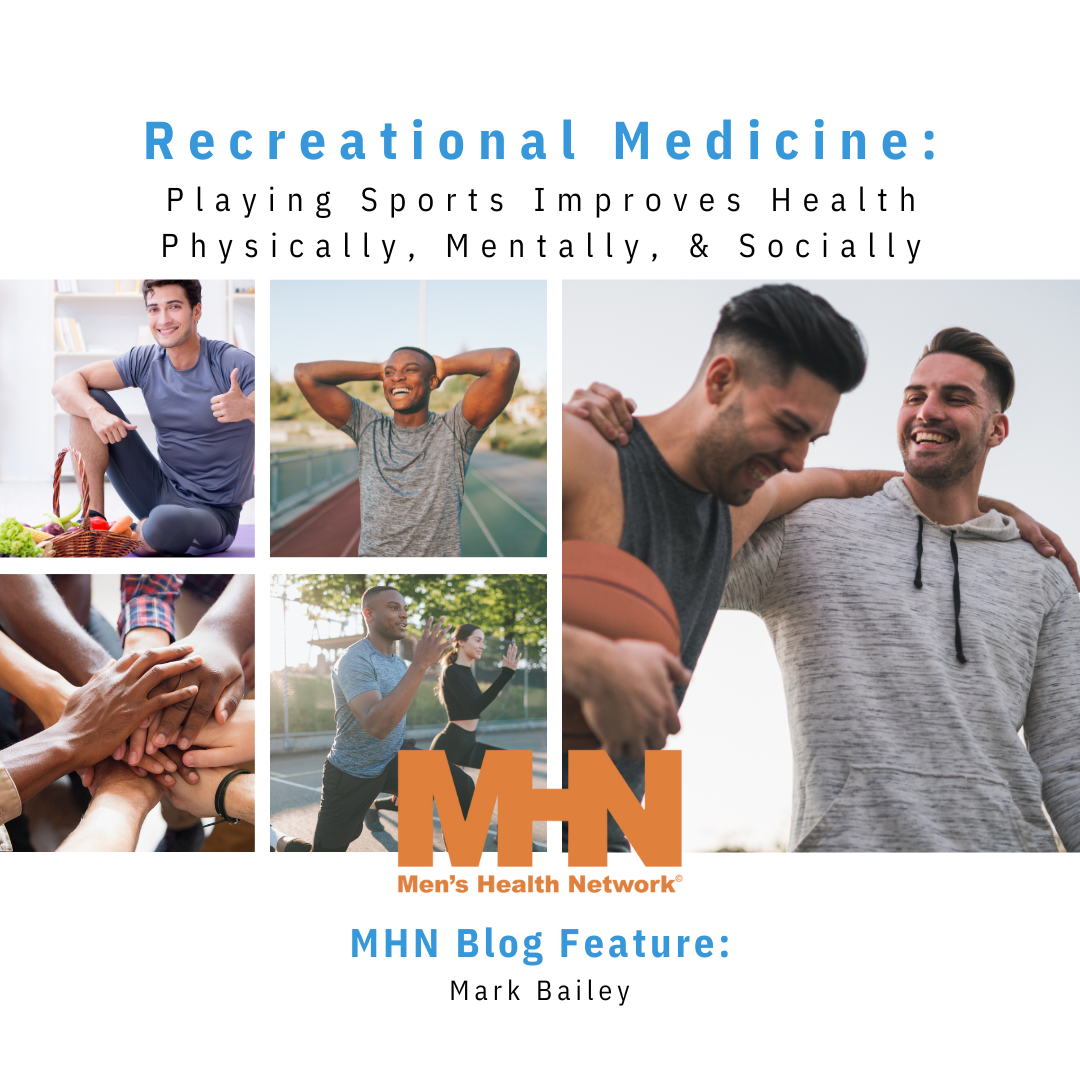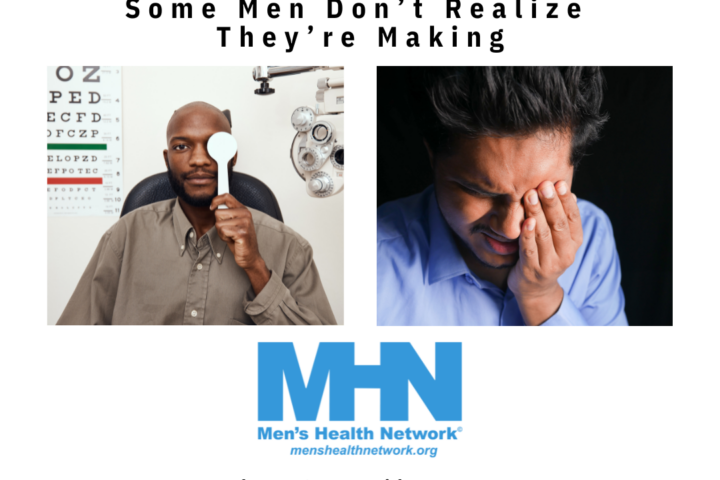Recreational Medicine:
Playing Sports Improves Health Physically, Mentally, and Socially
By: Mark Bailey
Our Physical, Mental, and Social Health
We’ve all been there before – it’s 6 a.m. (or p.m.), and you said you’d go to the gym, trying to mentally summon the physical energy. Even though you finally set aside an hour to make it happen, you think of reasons to just go later: it’s too crowded today, you should probably eat something first, or it’s too cold or too hot outside. Maybe it’s been over a year since you’ve had the momentum.
After a long day of sitting in the office, you don’t realize your posture has been off until you try to sleep. Maybe there’s a big project you’ve been focused on and can’t seem to get anywhere with your team. Your rent just went up and your babysitter canceled at the last minute. After a few weeks, the stress takes over your shoulders.
You moved to a new city and you’d like to meet some new people, but…
Your routine is focused around: work and sleep, then repeat.
Early adulthood marks a time for a lot of us to explore our freedom, meet new people, and try new things; however, it can be difficult to find something to commit to, hard to build new relationships, and to take better care of our physical and mental health with growing responsibilities. Only about half of adults regularly exercise. We need solutions that are simple and meet more of our needs.
Recreational Medicine
It’s been proven time and time again that exercise is one of the most effective forms of medicine for a growing list of complications. Physical activity can reduce your chances of all incidents of the top risk factors for men, including heart disease, strokes, injuries, and diabetes. Exercise can even lower your chances of getting cancer, Alzheimer’s, and suicide. Anxiety and depression are lower in those who exercise regularly. Even those with multiple sclerosis (MS), a neurological and muscular condition, find exercise an essential part of their treatment. The list of benefits goes on. Medical professionals often say the best medicine is preventative medicine, where exercise is almost always first to be mentioned.
And with all of that being said, you probably already knew how effective regular exercise is. That’s one reason why gym memberships are a solid part of our culture–because as humans, we have a need to move and improve, to take care of our bodies. So, why do we struggle to make it to the gym? A survey from Better.org shows the biggest reason we put a workout in the background is because of a lack in time. Fair–between work, school, family responsibilities, commuting, it’s difficult to carve out an hour for anything. But when you consider that physical exercise can save you time, hurt, and money in the doctor’s office, it’s easier to make it a priority.
More Than Just A Sport
Playing sports is an effective medicine specifically by improving cardiovascular, endurance, musculoskeletal, respiration, heart health, and so on. What most of us can’t put our finger on, although we know instinctively, is that our mental and social health are much better when we participate in team sports. Mentioned in Men’s Health Network’s blog, “Talking About Men’s Health,” is a post about how important sports can be for life off the field, too. Kids who grow up with significant life events like the loss of a loved one, or substance abuse in the home, will likely go on to develop unhealthy habits and medical conditions. Getting these kids involved in sports, however, has been an effective preventative measure. Not only do they have a support system to lean on, but they also develop a stronger sense of self, dedication, and teamwork. All of these traits are needed for the “real world.”
When we pursue a common goal that involves everyone’s input, we build stronger connections and our motivation grows. We get better when we are working as a team. We improve our communication. Instead of relying on ourselves to generate all our energy when we workout alone, in team sports, our focus is on the goal and less so on the energy it takes. A little (healthy) competition for men and boys goes a long way for motivation, too.
According to a report from NPR, among the top ten sports in America include golf, basketball, soccer, swimming, and tennis–although the fastest growing sport is pickleball. With so many options to move–
–from professional soccer leagues, running clubs, golf clubs, to Pilates, yoga, and dance–we’re lucky to have an outlet for everyone.
Is any game healthier than the others? It’s hard to compare the physical fitness of players from one sport to another in terms of what is “healthier;” however some are generally accepted as best for having well-rounded fitness–that is, being fit in all areas of your health rather than a few. Any good workout routine incorporates muscle and bone strength, flexibility, endurance, and cardio. Tennis, basketball, and soccer include high-intensity cardio and use most of your body, and as team sports, they improve your mental and social well-being. Swimming, golf, and martial arts are great because they can also move multiple muscle groups without putting as much stress on your body as other sports. What’s important is that some activity is better than none, and that you choose something that you enjoy, something that What’s important is that some activity is better than none, and that you choose something that you enjoy, something that
Gaining Momentum
So imagine–you just moved to a new city with a new job, you’re eager to establish yourself and while you might feel overwhelmed and not sure what to do, you try something new. It’s hard work at first, and you might doubt it will pay off, but slowly, after a few weeks, you wake up with more energy. You go for a run and you’re reaching for a new personal record. You’re breathing hard and your muscles beg you to take a break, but you push through any way, the adrenaline kicks in and you crush your record. You moved a mountain, and now the mountains at work and at home become speed bumps. You can breathe and sleep easily.




